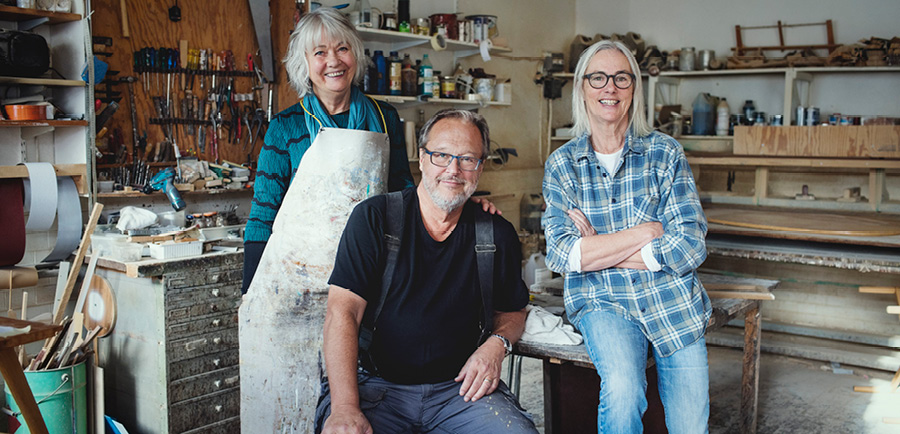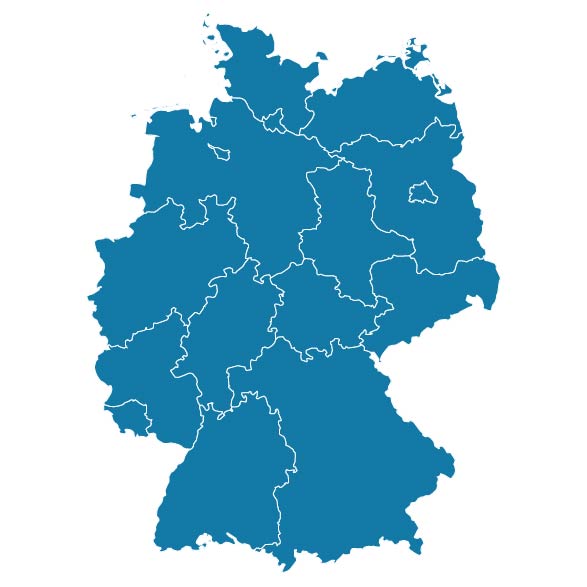Antwort
In Germany, there are two ways of setting up a business: You are either self-employed (“Gewerbetreibender”), or you are a freelancer (“Freiberufler”). You do not get a choice in this matter - it depends on your profession. Being self-employed or a freelancer makes a difference with regard to certain formalities and has an impact in your company’s legal structure.
Working as a freelancer (“Freiberufler”):
In Germany, numerous professions are known as “liberal professions” (“Freie Berufe”). If you set up a business in one of these professions, you usually work as a “Freiberufler”. These include:
- medical occupations, e.g. as a doctor
- advisory occupations in law, tax or economics
- technical or scientific occupations, e.g. as an engineer
- occupations concerned with the transfer of information and creative occupations, e.g. as an interpreter
- pedagogical occupations, e.g. as a nursery nurse
An overview of the liberal professions is available on the Startup Portal. Some professions can only be allocated to the liberal professions following a case-by-case analysis. Your local tax office will decide whether your profession is considered “freiberuflich” or “gewerblich”, once you register your business at the latest four weeks after you started your activities. Keep in mind that for some professions, you will need to provide evidence of certain qualifications and vocational credentials.
Comprehensive information on requirements, tax aspects and legal structures for freelance businesses is available on the service pages of the State of Baden-Wuerttemberg. The information is valid for all of Germany.
Working on a self-employed basis (“Gewerbliche Tätigkeit”):
If you would like to set up your own crafts or retail business, you will need to register your business. You need to do that in the town or municipality where your business headquarters will be.
For some occupations, you will need to fulfil certain admission requirements. These kinds of occupations are subject to prior authorisation (“erlaubnispflichtiges Gewerbe”). This applies to handicraft businesses, financial service providers and nursing services, as well as many others. For a list of occupations, which are subject to authorization, please refer to the service-bw homepage. Subject to authorisation may mean that you will need to obtain certain approvals, apply for a licence or prove that you hold certain professional qualifications. The “Authority Finder” will tell you which authorities you will need to contact in your region.
Source: Your Make it in Germany-team
Project „Make it in Germany“
Institut der deutschen Wirtschaft Köln e.V.
September 2018
Notice of the editor:



